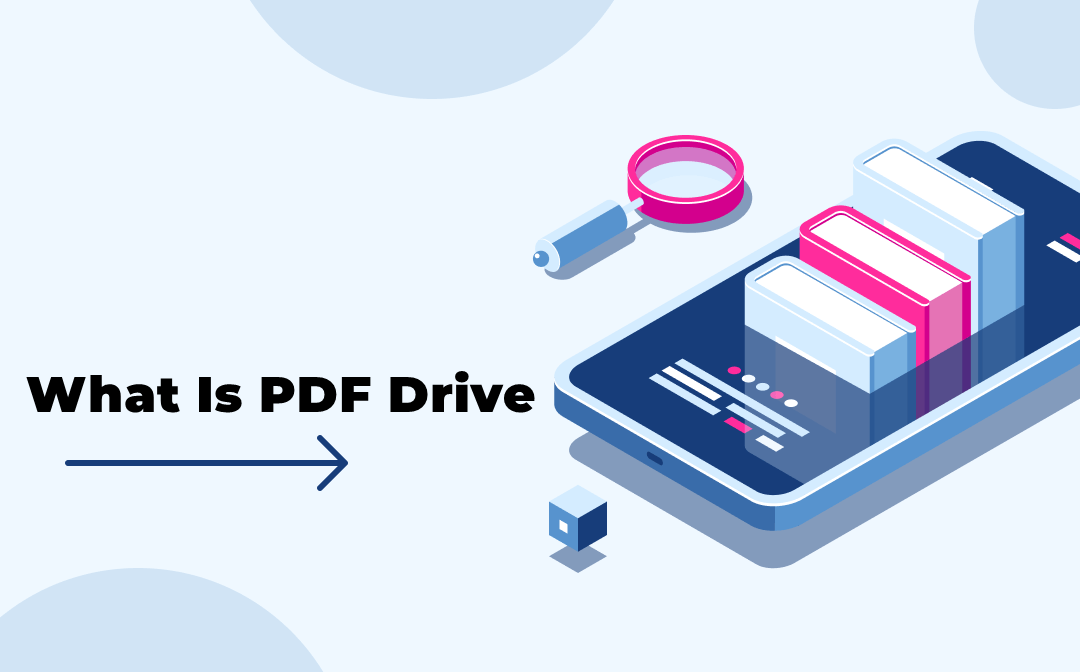Web3 is a phrase used to describe a future internet based on decentralised blockchains, which are the existing ledger systems used by cryptocurrencies.
What Is Web3 in Simple Terms?
Web3 is, at its most fundamental level, the third stage of internet evolution. To fully comprehend Web3, you must first have a fundamental understanding of the preceding two stages.
The earliest phase of the Internet, Web1, consisted primarily of people browsing static web pages, although there were also forums and message boards. Web2 saw the introduction of social media like Facebook and Twitter, as well as user-generated content sites like YouTube. Many people shifted from passively consuming content given by large corporations to actively generating and sharing their own content, while sharing is still supported through websites owned by large corporations.
Web3 represents a transition from large corporations controlling and monetising internet content to individual creators and consumers sharing material and engaging via decentralised networks. These networks would be based on open protocols, allowing anybody to connect and contribute, and would change the balance of power away from large corporations and toward creators and users.
What Is Web3 and How Does It Work?
Since Web3 is not yet available, we do not know precisely how it will function. The majority of Web3 concepts include the blockchain, an immutable ledger system utilized by cryptocurrencies to record transactions. The blockchain is appealing to Web3 proponents because it logs every transaction in a transparent and unalterable format. Each new transaction generates a “block” on the public ledger.
The blockchain’s primary issue is also its promised benefit. Due to the fact that nobody can modify the ledger and anyone can create as many crypto accounts as they like, it is difficult to prevent and detect fraud. Once something has been added to the blockchain, it cannot be removed.

Some proponents of Web3 have argued that artists and users might monetize their efforts on the internet via the blockchain, or that users could monetize their own data for targeted advertising reasons, similar to how Facebook and other corporations already sell this type of data.
The control over decentralised services could also be given to users, as opposed to large corporations. Users of a decentralised service could vote on decisions to update rules and regulations, when to ban users, and other options, as opposed to the website owner making these decisions unilaterally. This would remove control from large technology firms and place it in the hands of users.
Are There Any Examples of Web3 Today?
There are several examples of authors and users being reimbursed through the blockchain, although the notion is still in its infancy. Axie Infinity is comparable in that it runs on the Ethereum blockchain and pays players with cryptocurrency for fulfilling objectives.
Read also : What is Spyware? Plus, How to Protect Yourself Against It
Helium, a crowdsourced wireless network that compensates users with cryptocurrencies for sharing their home network connections, is another example. This effectively establishes a massive network of hotspots that anyone may access, and the owners of these hotspots can be compensated with crypto tokens.
This “play to earn” system is one of the most discussed Web3 ideas, as it might have a significant impact on both authors and users. Web3 might enable producers to commercialize their work without ceding control to large tech sites, while users could monetize their activities and even their own data using blockchain technology.
What About Decentralization of Web3?
Proponents of Web3 spend a lot of time talking about the blockchain, but that’s only one element of the wider picture. The other key concept of Web3 is that will be decentralized in a way that Web2 isn’t. An easy way to think of this is now, Twitter users can connect with each other, but they can’t speak with Facebook users or Instagram users. That’s because Twitter owns its website, controls its communication methods, and keeps everything closed down. The same is true of most other Web2 sites and services.
For Web3 to function, these would need to be replaced by decentralised services. There are actually symptoms of this today in the form of federated services where various Web2 sites are able to communicate utilizing an open protocol. One example is Mastodon, which is free and open-source software that people and organizations can use to build their own microblogging networks that work a lot like Twitter. Users of the original Mastodon site and users of others, including the India-based Tooter, are able to connect with one other because both sites use the same open-source protocols.
Is the Metaverse Web3?
The metaverse is not the same thing as Web3. It is a phrase that is used to characterise immersive digital environments, which are typically encountered through VR rather than a computer monitor or the screen of a phone. Users are able to interact with one another, play games, and socialize within this metaverse. The primary similarity between Web3 and the metaverse is that many aspects of the metaverse, including your avatar, virtual real estate, and other aspects of the metaverse, have the potential to be NFTs.
The metaverse is now being supported by major technology companies such as Facebook, Microsoft, and HTC. This is one of the most significant differences between the metaverse and Web3. The metaverse appears to be missing the target given that Web3 is envisioned as being driven by decentralized networks, open protocols, and the blockchain.
Will Web3 Change the World?
Due to the fact that Web3 is now still only a collection of loose concepts, it is impossible to say exactly what Web3 will perform or even precisely what form it will take in the future. However, there is a real possibility that Web3 will transform the world, or at the very least, will significantly alter the way in which you make use of and interact with the internet.
If Web3 does indeed rely largely on the blockchain, it might bring new ways for both creators and regular internet users to use the internet. Additionally, a change to decentralised services would fundamentally transform the landscape and possibly even big tech as well.
Read also : How to Find a Hidden GPS Tracker on Your Car






